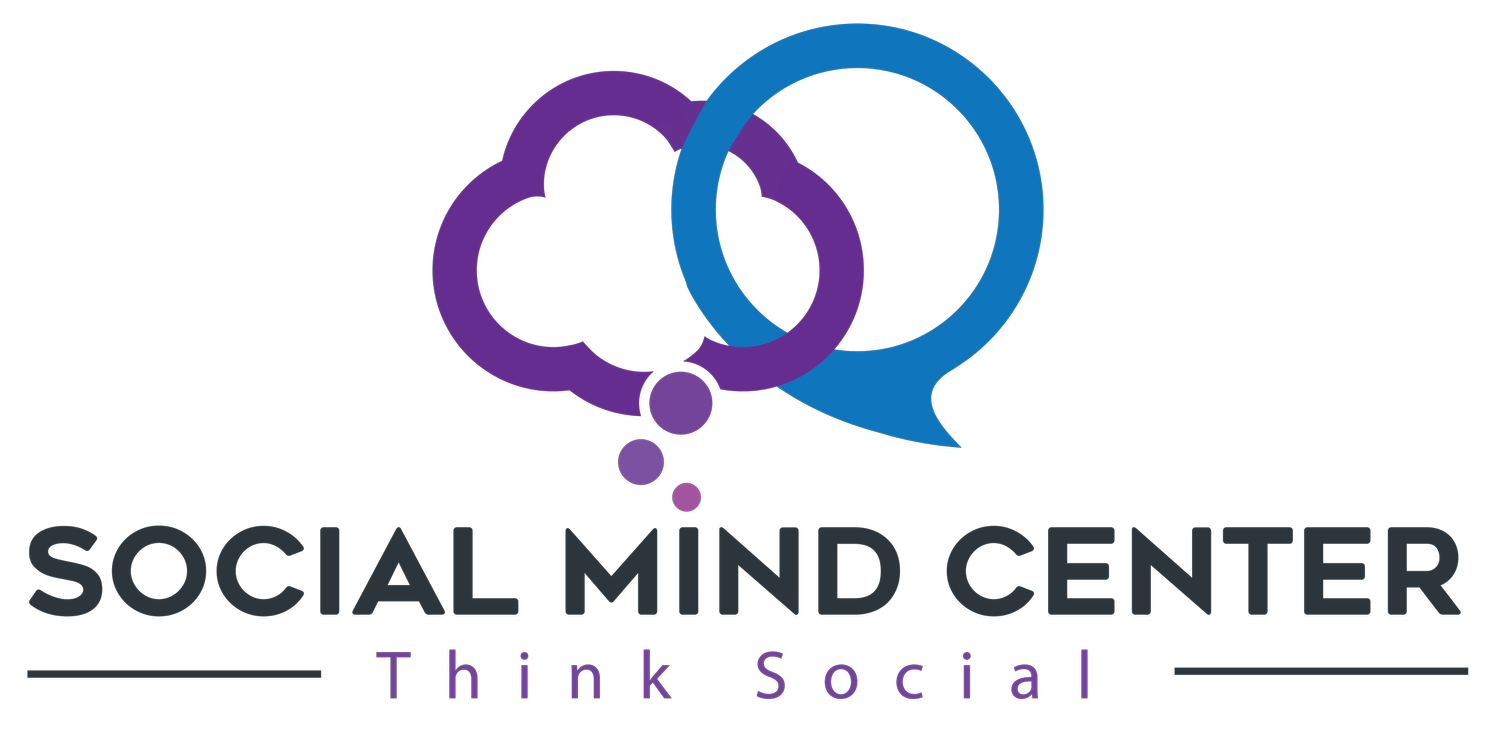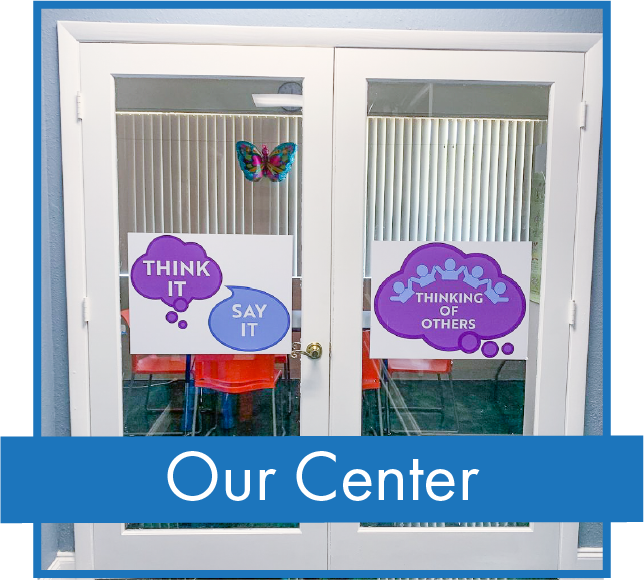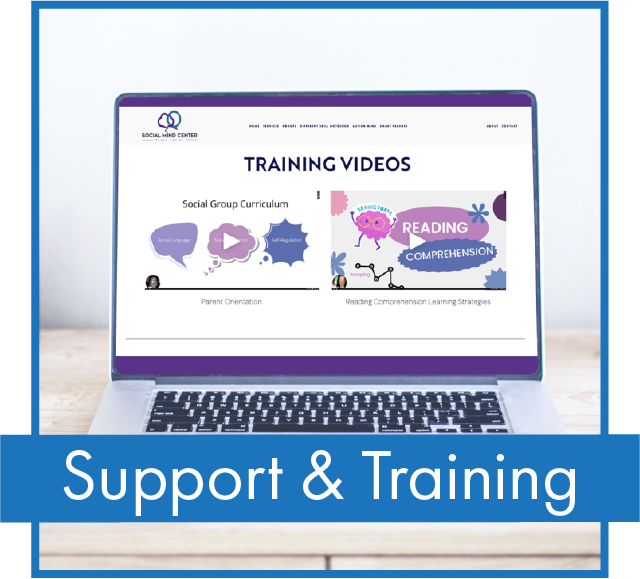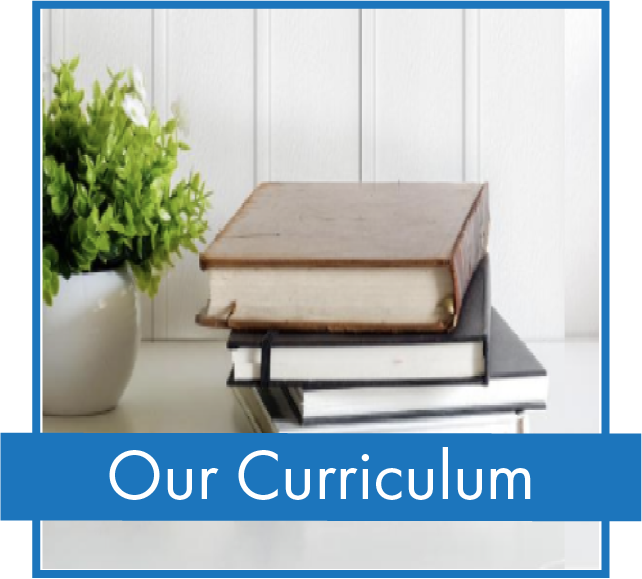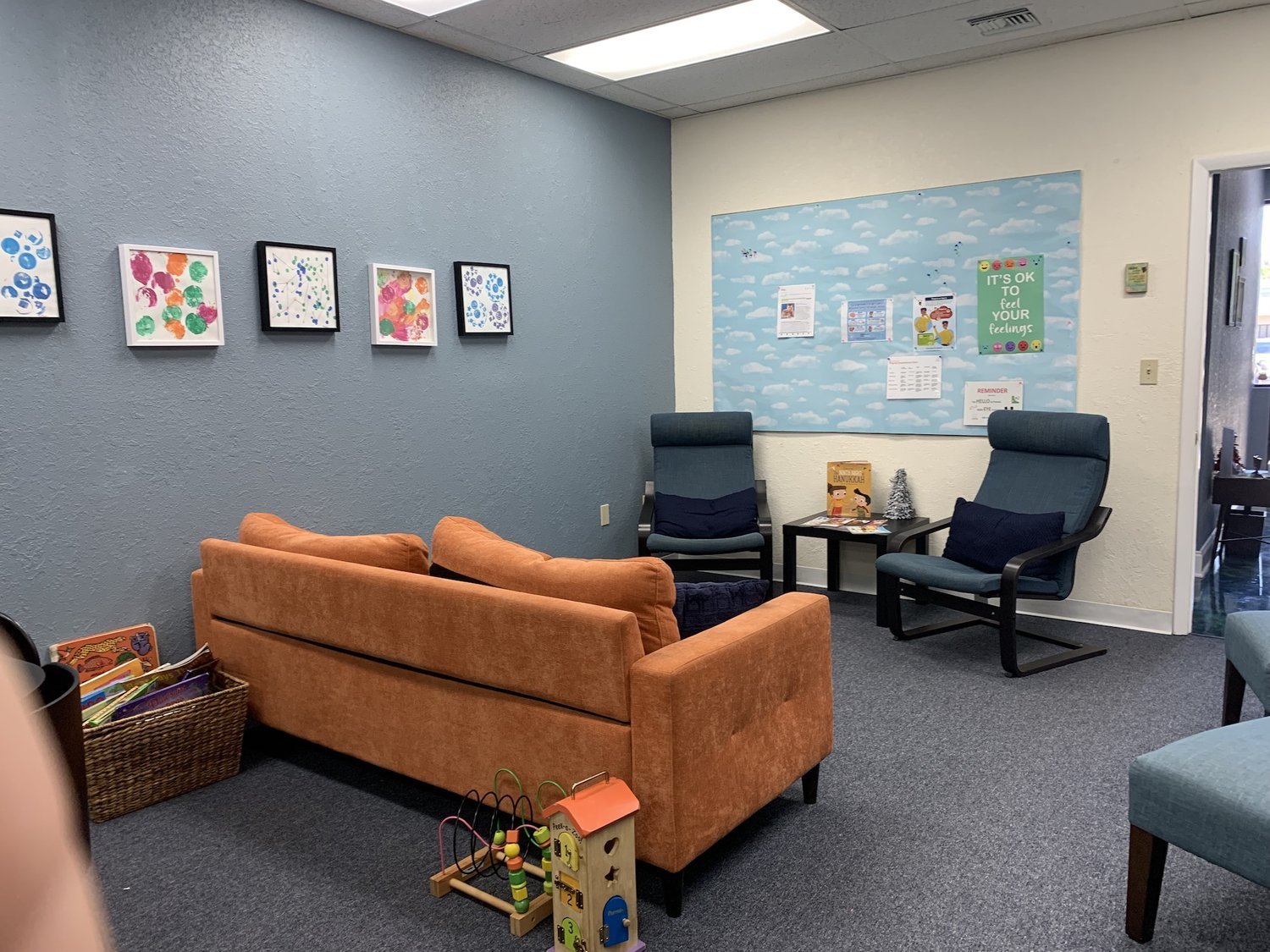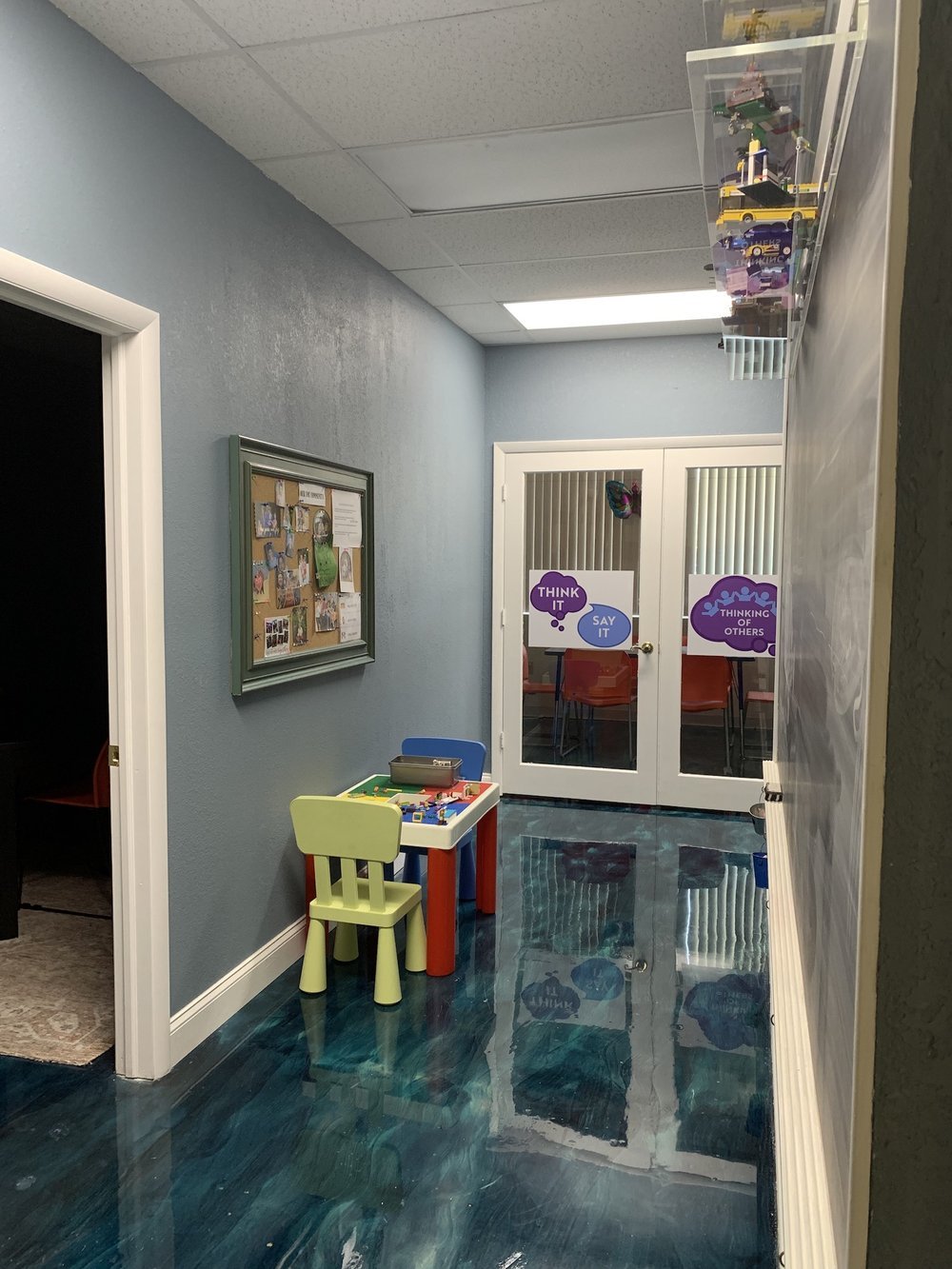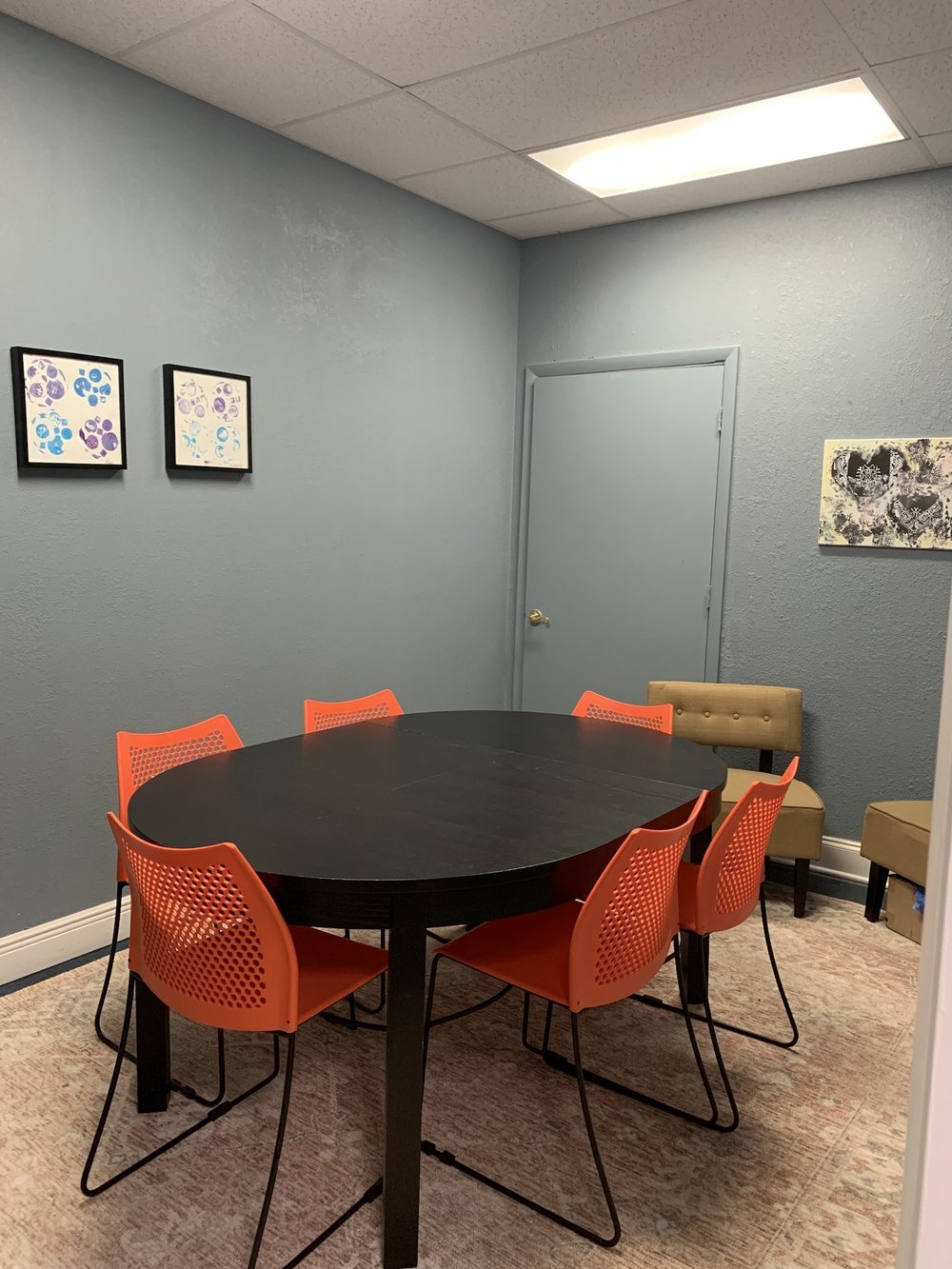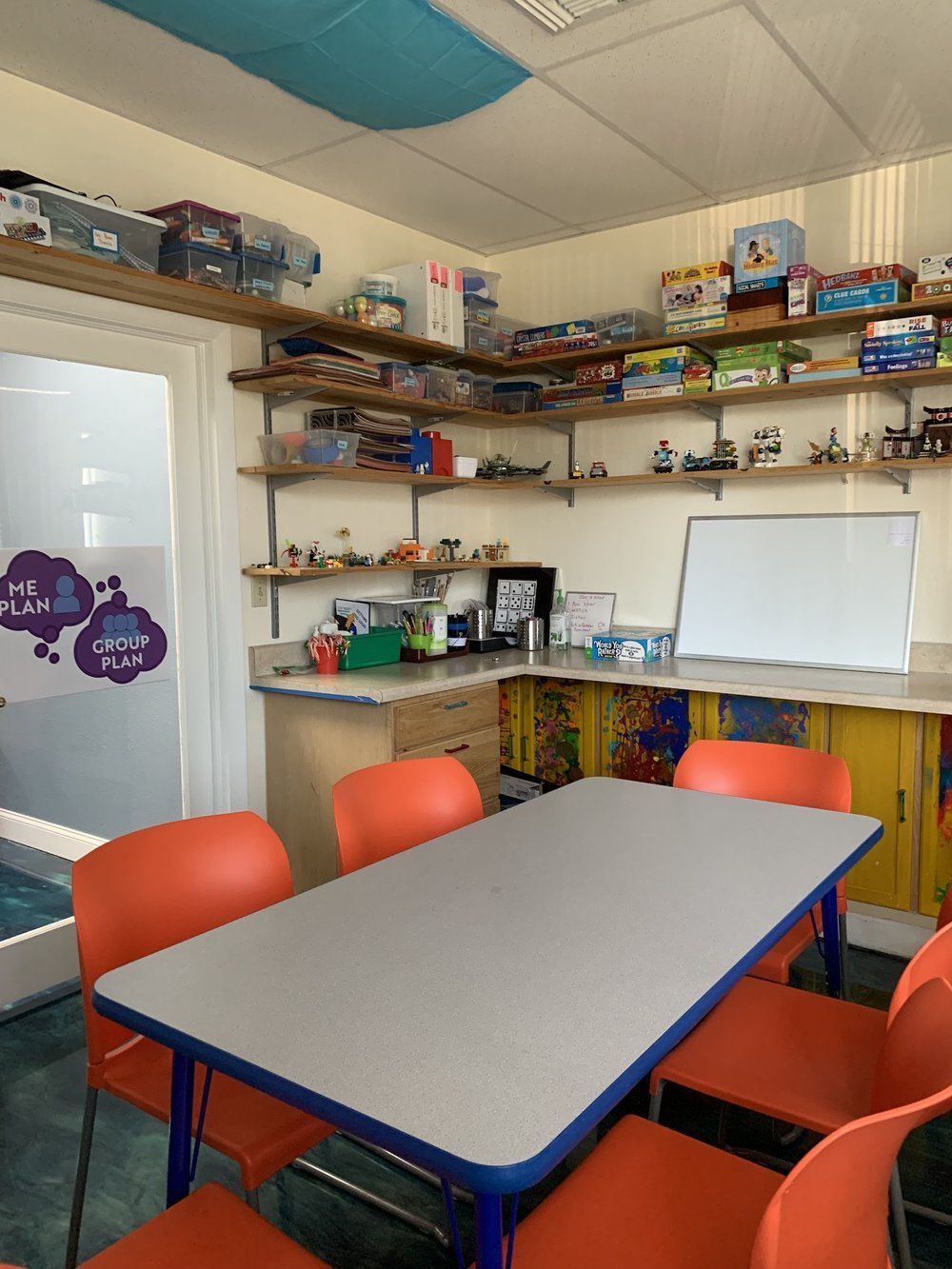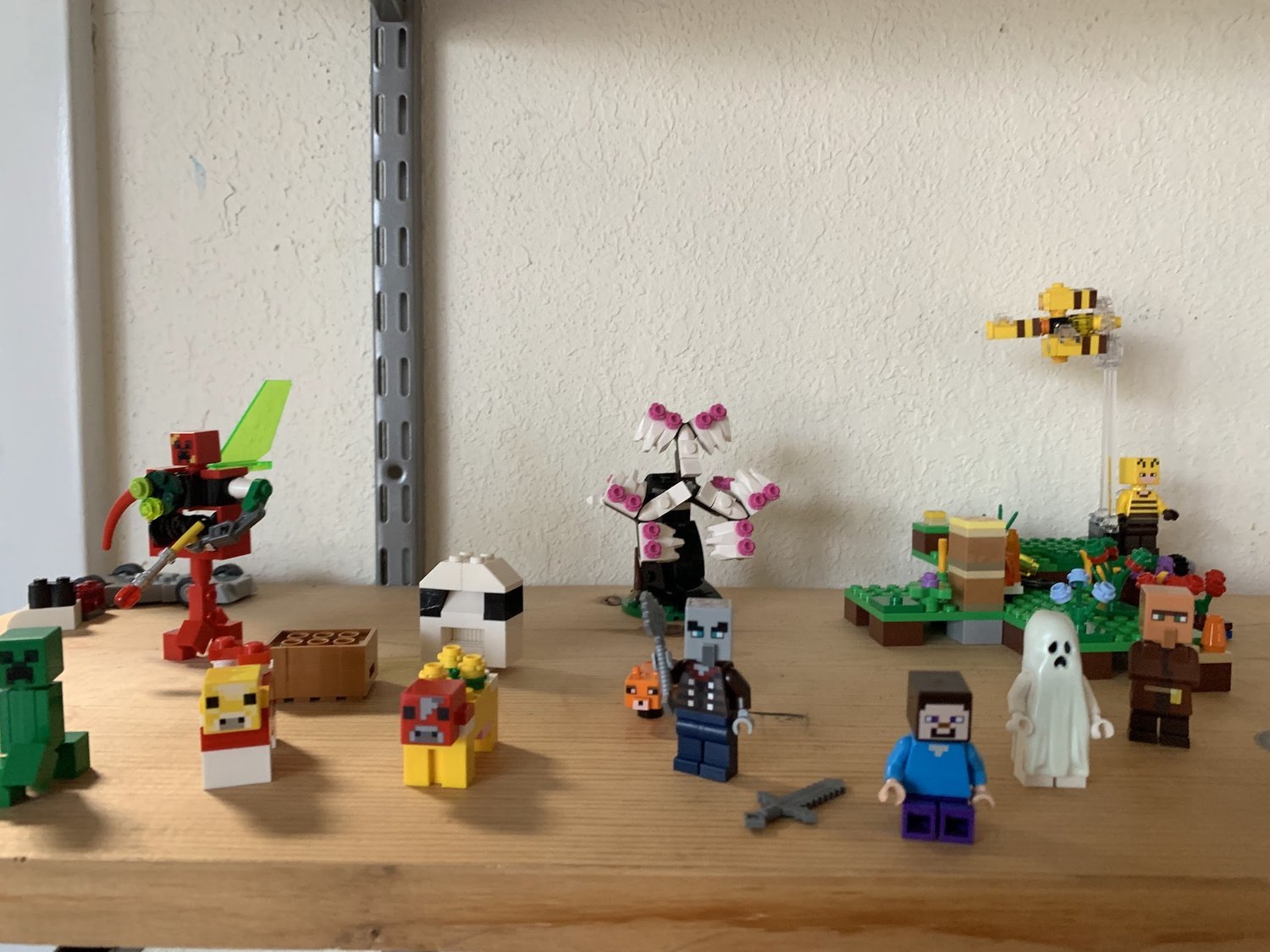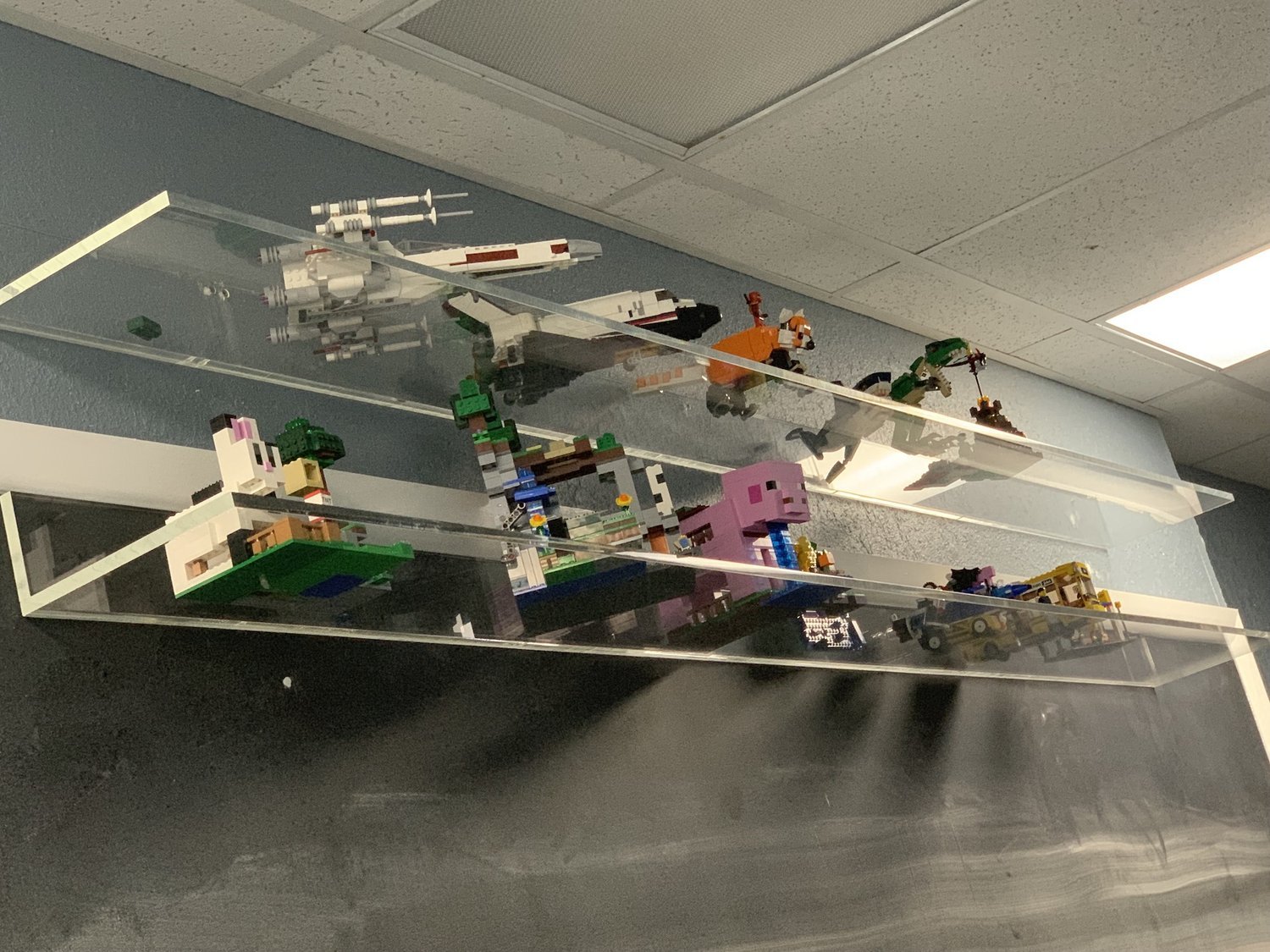Welcome
Parents!
WELCOME
The Social Mind Center is a learning community for families and children of all ages. The Center is designed to encourage community and provide opportunities for social engagement and play. Our family hang-out area is a coffee house environment where the whole family can find a space for homework, work, play, or chill. Of course with your preferred beverage whether it is coffee or tea. If you need time alone or some space we have a family quiet room for you to relax.
Our focus at the center is providing an environment that encourages the equipping of social, emotional skills resulting in social competency. All services and activities at the center intentionally instruct social competency skills. All therapists and educators at the center are equipped to instruct and include social, emotional skills in lessons.
We want you to be comfortable and supported. I have been in your shoes and this center is the result of that journey that continues for me.
— ANA ANSELMA (ADMIN. DIRECTOR)
PARENT SUPPORT & TRAINING
We want every parent and care giver to have the opportunity to have as much training as they need. There are several ways that you can have access to support and training. Our site provides several resources and tools for parents. All parent support and training is included as part of all services at the center. We want you to have the support you need and utilize all the tools and instruction we provide to successfully lead your child to social competency.
We love our coffee conversations at the Social Mind Center. Secretly, I have always wanted to have my own coffee shop. We can both learn so much together while having a cup of coffee.
— ANA ANSELMA (ADMIN. DIRECTOR)
OUR CURRICULUM
Our social competency curriculum is a cognitive-based intervention to address the thinking and emotions that lead to behaviors.
OUR CURRICULUM HAS 3 COMPONENTS
Social Language to Communicate: the words used in social situations
Social Cognition to Connect: building theory of mind, perspective, and emotional competency
Self-regulation (cognitive control) for goal-directed behavior: build executive function “brain control” skills to self-manage and adapt.
Thought and feelings impact our behavior. When a child has difficulty expressing what they feel and think, that can lead to unwanted behaviors. To avoid unwanted behaviors, ensuring the child has the words to communicate needs and desires, is critical. Having communication skills is an integral part of developing social competency.
— ANA ANSELMA (ADMIN DIRECTOR)
